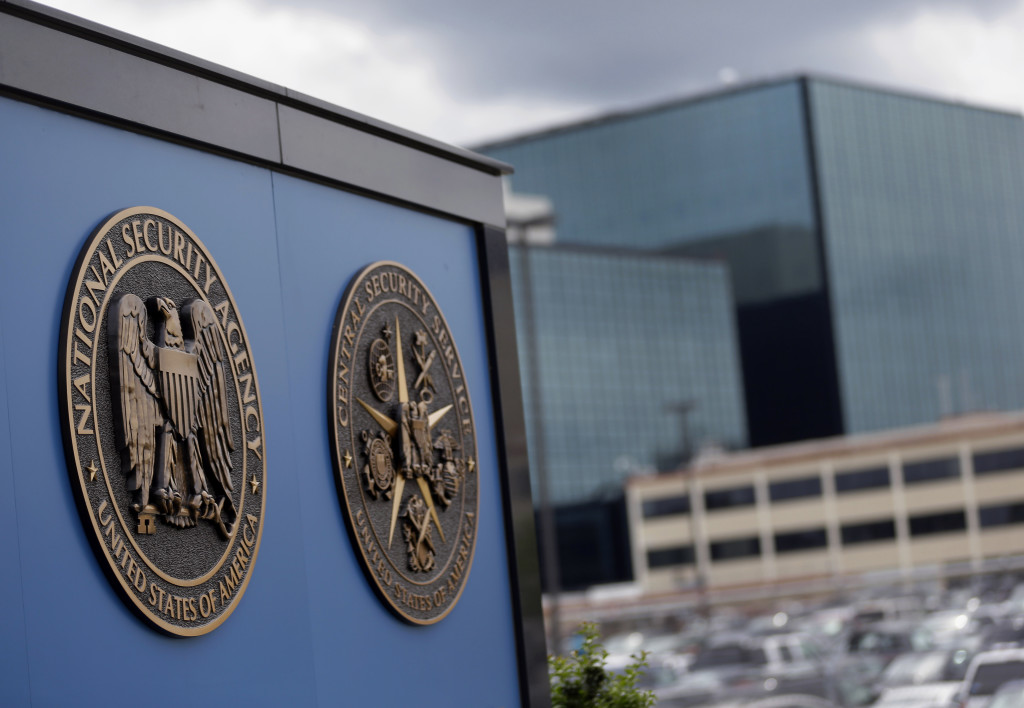NSA Reform: A Guide to the Options

May 13, 2014
Share
If President Obama ever considered bypassing Congress to end the National Security Agency’s bulk collection of Americans’ phone records, his last best chance may have come and gone on March 28. That’s the day when the previous court order authorizing the program was due to expire.
But rather then allowing the order to lapse — as some critics suggested — the administration asked the Foreign Intelligence Surveillance Court to renew the program for at least one more 90-day cycle. The idea was to give lawmakers time to craft legislation that would, in the president’s words, provide Americans “greater confidence that their rights are being protected, even as our intelligence and law enforcement agencies maintain the tools they need to keep us safe.”
Three proposals have since emerged: One from the White House, one from the House Intelligence Committee and a third plan favored by privacy advocates. All would rein in the NSA, but to varying degrees. Here is a brief guide to each.
What would change under the president’s plan?
The president’s plan, announced in March, would end the NSA’s program of bulk collection and storage of Americans’ telephone records “as it previously existed.” Instead of having the agency warehouse the information itself — it does so for a period of five years — phone data would stay in the hands of phone companies. In order to access the data, the government would first need to obtain approval from a judge on the FISA court.
Will the scope of collection be any different?
Federal regulations already require phone companies to hold on to their customers’ calling records for 18 months. That wouldn’t change under the White House plan. What would be different is the degree to which the government can search those records. The NSA’s original metadata program allowed the agency to peer through the phone records of people within three links, or “hops,” of any number under the government’s suspicion. Under the president’s proposal, the NSA would be limited to two hops. By some estimates, the average American can be anywhere from two to six hops from any other person in the country.
What are the caveats of the White House proposal?
For one, the plan allows the government to bypass a judge in the event of an unspecified “emergency situation.” It also fails to detail the standard the government must meet to win a court order, except to say in a fact sheet detailing the plan that judges will make decisions based on “national security concerns.” Moreover, the reforms only apply to the NSA’s phone metadata program under Section 215 of the Patriot Act. It leaves untouched other controversial programs, such as the PRISM system, which the NSA uses to gain access to the private communications of users at sites like Facebook, Google, Microsoft and Yahoo. The proposal also leaves in place a loophole that allows the agency to gather data on Americans “incidentally” while eavesdropping on foreign targets under Section 702 of the FISA Amendments Act.
What’s happening in Congress?
The president’s proposal is up against two competing proposals in Congress. A bill introduced in March by the House Intelligence Committee mirrors much of the Obama plan, but with one key exception: It would not require the government to seek permission from the FISA court before requesting data from a phone company. Instead, a court would “promptly” review the request after the fact.
A separate bill from Rep. Jim Sensenbrenner (R-Wisc.) goes further to rein in domestic surveillance. Sensenbrenner co-wrote the Patriot Act, the Bush-era policy that expanded the intelligence community’s power after 9/11, but he now says it’s time to put the government’s “metadata program out of business.”
Under the original outline of Sensenbrenner’s USA Freedom Act, a judge would be required to sign off on data requests, but only when deemed “relevant and material to an authorized investigation into international terrorism or clandestine intelligence.” The bill tightens oversight on the use of national security letters — a form of subpoena that lets the FBI obtain records without a court order — and allows Internet and phone companies to publicly disclose both the number of government data requests they comply with, and the number of users for whom information was demanded.
What happens next?
The USA Freedom Act gained new momentum this month when the House Intelligence Committee chose to put off a vote on its plan, and instead approve a modified version of the Sensenbrenner bill. The changes lowered the standard for winning a judge’s sign-off for a warrant to the more NSA-friendly threshold of “reasonable articulable suspicion.” In another change that’s concerned privacy advocates, the revised bill stripped a provision that would have closed the loophole allowing for “backdoor searches” under the FISA Amendments Act.
A full House vote on the reworked USA Freedom Act could come as early as next week, but its unclear what sort of reception it would receive in the Senate. Patrick Leahy (D-Vt.), who introduced a Senate version of the bill in October, has voiced concern that the House compromise does not go far enough to reform national security letters, or allow for a strong public advocate on the FISA Court.
A lot will also depend on what ends up in the full text of the White House legislation, which has yet to be released. Election-year politics could also complicate reform, but it’s clear that public opinion has swung on the issue. Five days after The Guardian first reported the details of the government’s domestic surveillance efforts, a Pew Research Center poll found that 56 percent of Americans viewed the program as acceptable. By January, support had fallen to 40 percent, while the number of Americans who disapprove rose to 53 percent.

Related Documentaries
Latest Documentaries
Related Stories
Related Stories
Explore
Policies
Teacher Center
Funding for FRONTLINE is provided through the support of PBS viewers and by the Corporation for Public Broadcasting, with major support from Ford Foundation. Additional funding is provided the Abrams Foundation, Park Foundation, John D. and Catherine T. MacArthur Foundation, Heising-Simons Foundation, and the FRONTLINE Trust, with major support from Jon and Jo Ann Hagler on behalf of the Jon L. Hagler Foundation, and additional support from Koo and Patricia Yuen. FRONTLINE is a registered trademark of WGBH Educational Foundation. Web Site Copyright ©1995-2025 WGBH Educational Foundation. PBS is a 501(c)(3) not-for-profit organization.





















